Every competent electrical specialist has become acquainted with it at least once, the group of standards of the VDE
The structure of the standards is characteristically subdivided in the VDE with the aid of groups. The following VDE groups are distinguished:
- Group 0: General principles.
- Group 1: Energy plants.
- Group 2: Energy ladder.
- Group 3: Insulating materials.
- Group 4: Measurement, control, testing.
- Group 5: machines, converters.
- Group 6: installation material, switchgear.
- Group 7: Utility equipment, work equipment.
- Group 8: Information technology.
For you as an electrical specialist, different standards and groups of standards are important, depending on the area of activity and scope of work. This article does not claim to provide even a rudimentary complete picture of these. What every electrical specialist should be familiar with, however, are the protective measures that are regulated in the VDE 0100 400 series.
Worth mentioning here are:
- VDE 0100 Part 410 Protection against electric shock.
- VDE 0100 Part 420 Protection against thermal influences.
- VDE 0100 Part 430 Protection of cables and lines in case of overcurrent.
- VDE 0100 Part 442 Protection of low-voltage installations against temporary overvoltage and in case of earth faults in networks with higher voltage.
- VDE 0100 Part 443 Protection against overvoltages due to atmospheric influences or switching operations.
- VDE 0100 part 444 Protection against overvoltages, protection against electromagnetic influences.
- VDE 0100 part 450 Protection against undervoltage.
- VDE 0100 Part 460 Disconnecting and switching.
- VDE 0100 Part 482 Fire protection for special risks and hazards.
In particular, VDE 0100 Part 410, VDE 0100 Part 420 and VDE 0100 Part 460 receive a great deal of attention in the technical literature, as these VDE standards are especially important for the protection of humans and animals. For example, according to VDE 0100 Part 410, there are four permissible protective measures:
- Protection by automatic disconnection of the power supply.
- Protection through insulation.
- Protection by protective separation for the supply of a consumable.
- Protection by extra-low voltage (SELV or PELV).
You can find out more about this in the article Protective measures according to VDE 0100 Part 410.
The 700 Group
Another category worth mentioning within VDE 0100 is the 700 group. It deals with the
“Erection of electrical installations in special types of premises, rooms and installations”.
.
These include, in excerpts:
- VDE 0100 Part 701: Rooms with bathtub or shower.
- VDE 0100 Part 704: Construction sites.
- VDE 0100 Part 705: Electrical installations of agricultural and horticultural premises.
- VDE 0100 Part 709: Ports, marinas and similar areas.
- VDE 0100 Part 710: Areas used for medical purposes.
- VDE 0100 Part 712: Photovoltaic power supply systems.
- VDE 0100 Part 722: Power supply for electric vehicles.
- VDE 0100 Part 723: Classrooms with experimental equipment.
- VDE 0100 Part 731: Isolated electrical operating sites.
That was far from all, but at least a good insight into the VDE for the expert electrical specialist. The knowledge of the groups of VDE standards belongs to the basic knowledge of a competent electrical specialist and is also mentioned in the course Maintenance of professional competence electrical specialist.
PS: Our recommendation here: There are also courses offered by various providers, such as the aforementioned “
Maintenance of professional competence of electrical specialist
” or the “Recurring instruction for the electrical specialist (annual instruction)”. More information about this can be found on our homepage
www.tcs-engineering.de
We offer various open seminars as well as customer-specific in-house seminars.
“Over!” and an ES must be called in. Thus, a NOT provided, i.e. free troubleshooting, may only be performed by an electrical specialist. The ESfdt should also be kept up to date on a regular basis. Attending a maintenance of professional competence course is definitely an option. However, we are also happy to provide you with specialized offers.
Our free(REALLY free, even WITHOUT having to provide an email address!) paper “5 Things You Must Have Clarity About Before Qualifying and Deploying Your Employees for Electrical Engineering Work.” can be accessed here (click).
If you would like to know more about the different roles, in particular those of the EiP, ES, CRES and especially those of the CRES and how they interact, I recommend our publications, for example the audio book “Die Verantwortliche Elektrofachkraft: CRES-Struktur und Betriebliche Elektrosicherheit für Unternehmer, Fach- und Führungskräfte”. Information and sources of supply can be found on the usual audio book portals as well as on the homepage tcs-engineering.de
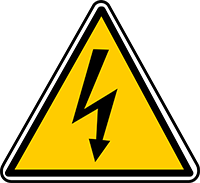

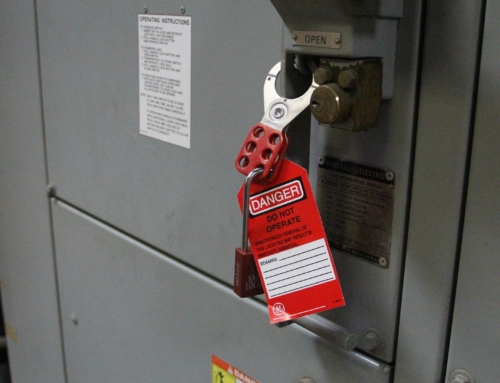


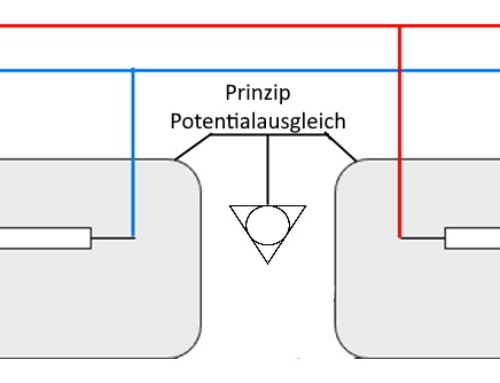
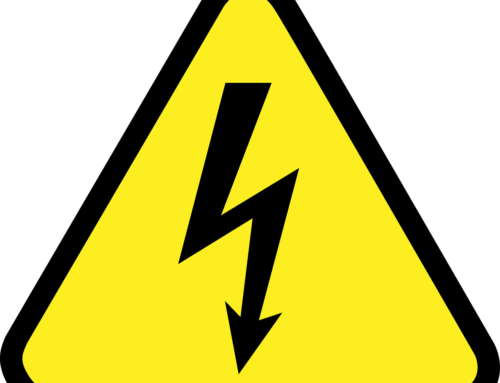
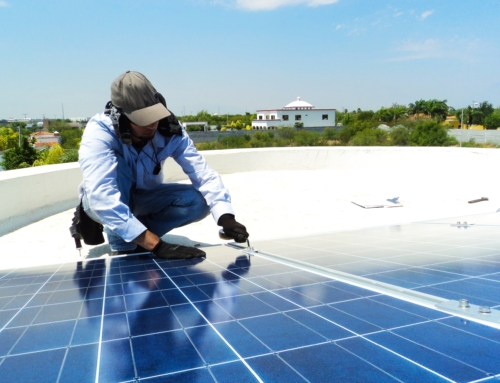

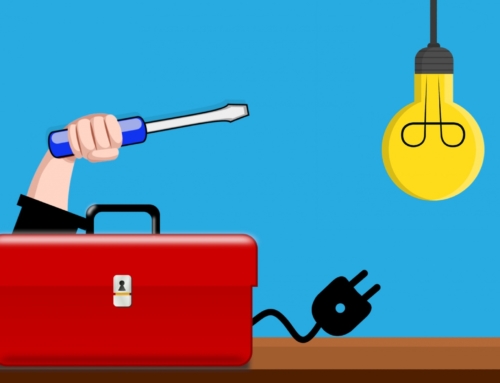
Leave A Comment